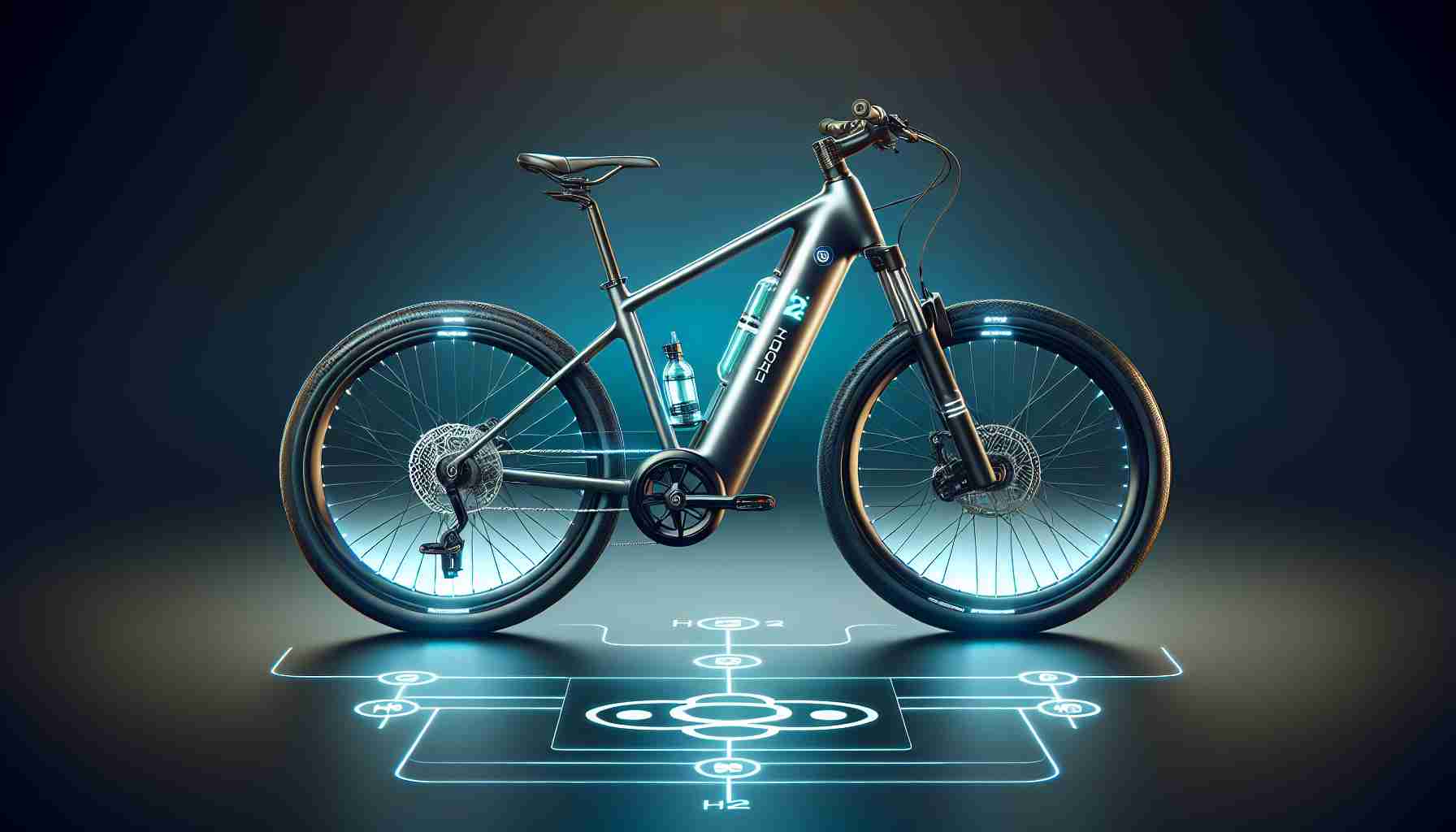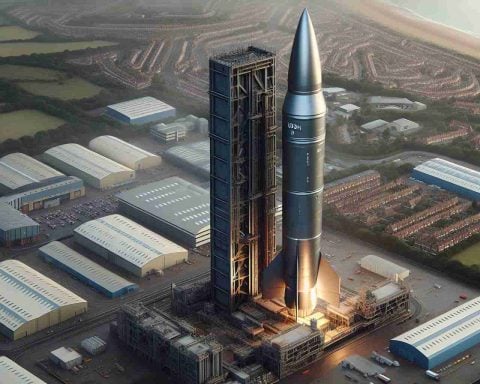In today’s ongoing quest for a greener future, the demand for sustainable and eco-friendly solutions is higher than ever. As the mobility sector seeks cleaner alternatives, a fascinating rivalry is emerging between electric batteries and hydrogen cells. While hydrogen as a greener energy source for two-wheelers is relatively uncharted territory, it holds the potential to revolutionize zero-emission mobility with extended range, shorter charging times, and a reduced environmental impact.
One of the most successful hydrogen-powered electric bikes currently available is the Alpha Neo model by Pragma Mobility, based in France. However, the advancements in hydrogen fuel cell technology are expected to drive more innovative projects within the electric mobility sector.
Recently, an Irish mobility startup named HubUR has caught our attention with their groundbreaking creation called the Boon H2. This electrically assisted bicycle operates without a traditional battery and instead uses a hydrogen fuel cell to generate electricity. What sets it apart is the inclusion of an electrolyzer that allows riders to produce the necessary hydrogen gas at home, using nothing but water.
This ingenious concept simplifies the adoption of hydrogen fuel in urban transport applications because users no longer need to depend on external infrastructure for recharging. The Boon H2 features a removable hydrogen tank weighing approximately 2 kg (4.4 pounds), capable of withstanding pressures up to 10 bar. Its low-pressure tank can be easily refilled by users using the supplied electrolyzer, measuring 450 × 220 × 440 mm and operating at 220 V with a power of just over 330 Watts.
With a range of up to 50 km (31 miles) and a top speed of 23 kph (14 mph), the Boon H2’s autonomy might be limited, but the cartridges are conveniently replaceable. HubUR plans to offer spare cartridges separately, enabling riders to embark on longer journeys without worrying about running out of power.
Constructed with an aluminum frame and fork, equipped with 26-inch wheels, and weighing around 25 kg (55 pounds), the Boon H2 boasts notable features like a Shimano Tourney derailleur and an LCD display for power assist adjustments.
While further details about the Boon H2 remain limited, HubUR plans to showcase this innovative electric bicycle, along with a complete kit consisting of the bike, a hydrogen tank, and the hydrogen generator, at the Vivatech 2024 trade show in Paris. The projected price for the complete kit is approximately €6,000, including tax.
The Boon H2 represents a remarkable advancement in the field of sustainable mobility, highlighting the potential of hydrogen-powered electric bicycles to transform urban commuting. With its innovative design and self-sufficiency, the Boon H2 sets a new precedent, paving the way for more eco-friendly and accessible transportation options in the future.
The electric mobility sector is experiencing a surge in demand for sustainable and eco-friendly solutions in the ongoing quest for a greener future. As a result, the industry is witnessing a fascinating rivalry between electric batteries and hydrogen cells. While hydrogen as a greener energy source for two-wheelers is relatively unexplored, it holds great potential to revolutionize zero-emission mobility.
The advancements in hydrogen fuel cell technology are expected to drive more innovative projects within the electric mobility sector. One notable example is the Alpha Neo model by Pragma Mobility, a hydrogen-powered electric bike based in France. The success of such hydrogen-powered bikes indicates that this technology is gaining traction.
Another emerging player in this industry is HubUR, an Irish mobility startup that has recently created the Boon H2, a groundbreaking electrically assisted bicycle that operates without a traditional battery. Instead, the Boon H2 uses a hydrogen fuel cell to generate electricity. It stands out from other hydrogen-powered bikes due to the inclusion of an electrolyzer, which allows riders to produce the required hydrogen gas at home using just water.
This innovative concept simplifies the adoption of hydrogen fuel in urban transport applications, as it eliminates the dependence on external infrastructure for recharging. The Boon H2 features a removable hydrogen tank that weighs around 2 kg (4.4 pounds) and can withstand pressures up to 10 bar. Users can easily refill the low-pressure tank using the supplied electrolyzer, which operates at 220 V with a power output of just over 330 Watts.
While the Boon H2 has a range of up to 50 km (31 miles) and a top speed of 23 kph (14 mph), its autonomy may be limited. However, HubUR plans to offer spare cartridges separately, allowing riders to undertake longer journeys without worrying about running out of power.
Constructed with an aluminum frame and fork, equipped with 26-inch wheels, and weighing approximately 25 kg (55 pounds), the Boon H2 boasts notable features such as a Shimano Tourney derailleur and an LCD display for power assist adjustments.
While further details about the Boon H2 are limited, HubUR plans to showcase this innovative electric bicycle, along with a complete kit consisting of the bike, a hydrogen tank, and the hydrogen generator, at the Vivatech 2024 trade show in Paris. The projected price for the complete kit is approximately €6,000, including tax.
The Boon H2 represents a remarkable advancement in the field of sustainable mobility, highlighting the potential of hydrogen-powered electric bicycles to transform urban commuting. Its innovative design and self-sufficiency set a new precedent, paving the way for more eco-friendly and accessible transportation options in the future.
For more information about the hydrogen-powered electric bicycle industry and related developments, you can visit websites like Hydrogen Fuel News and Fuel Cell Store. These sources provide an in-depth understanding of market forecasts, industry updates, and technological advancements related to hydrogen fuel cells and their applications in various sectors, including transportation.


















